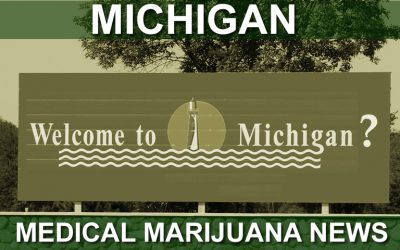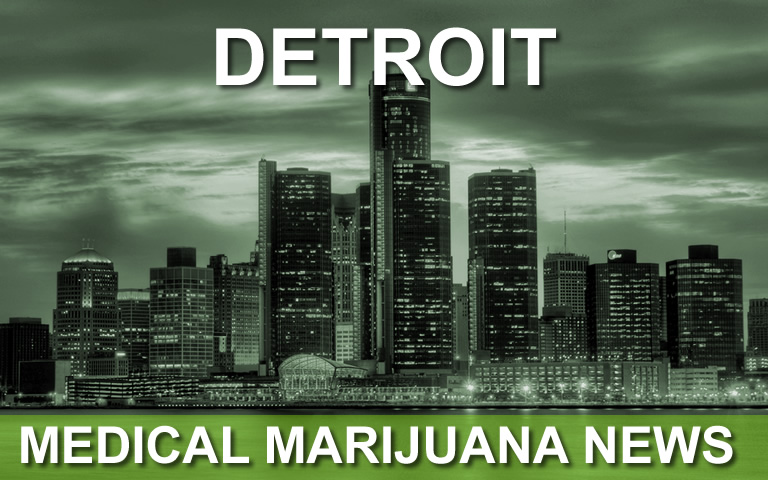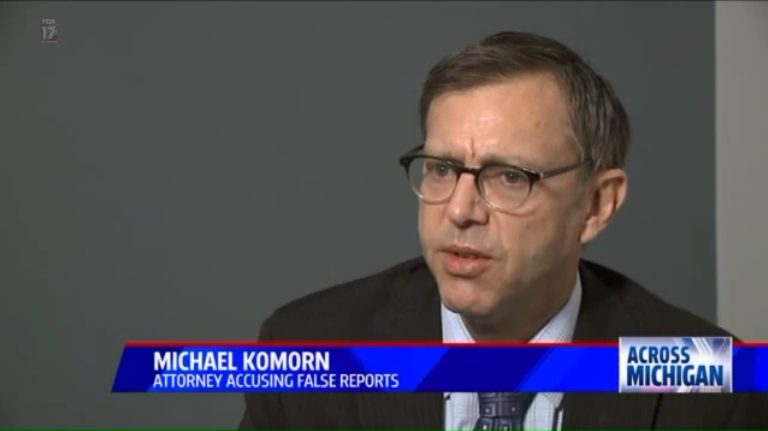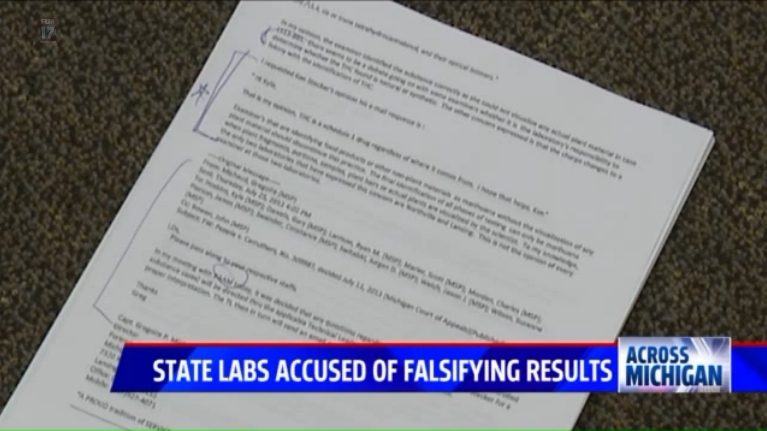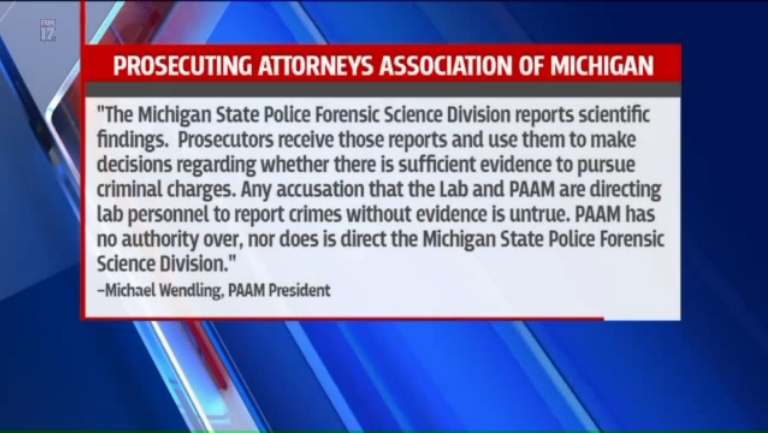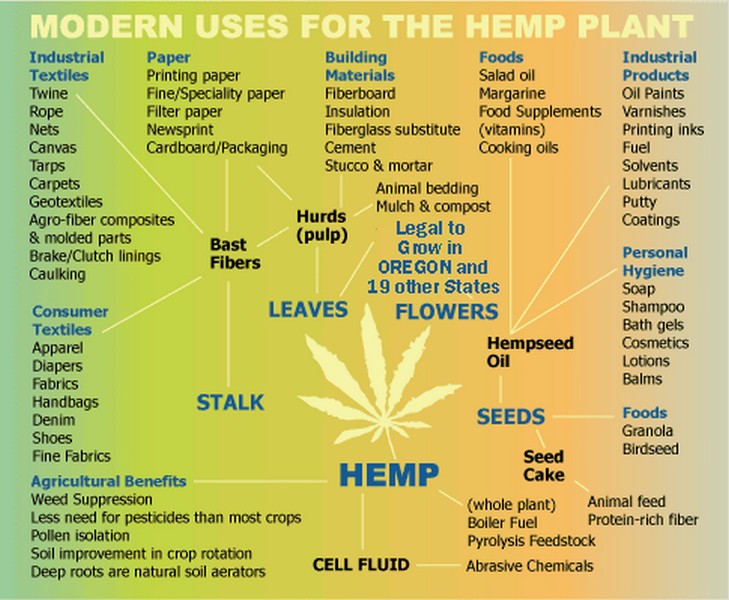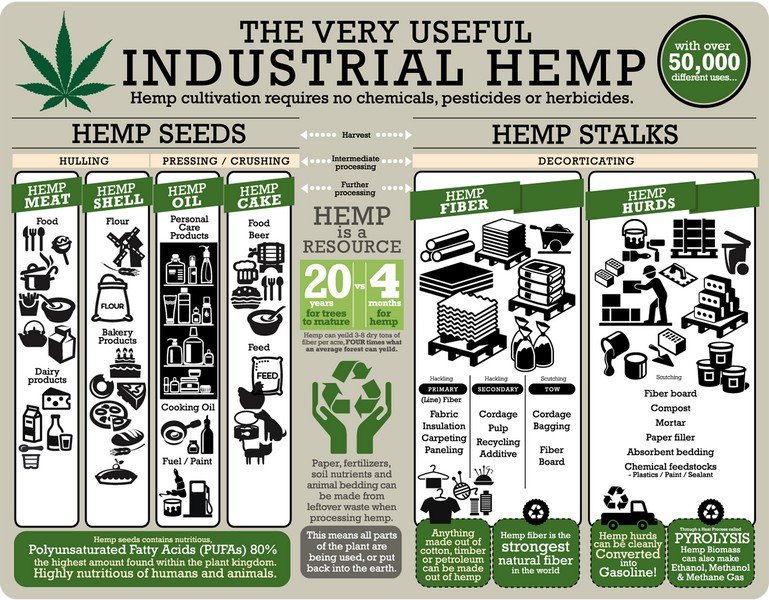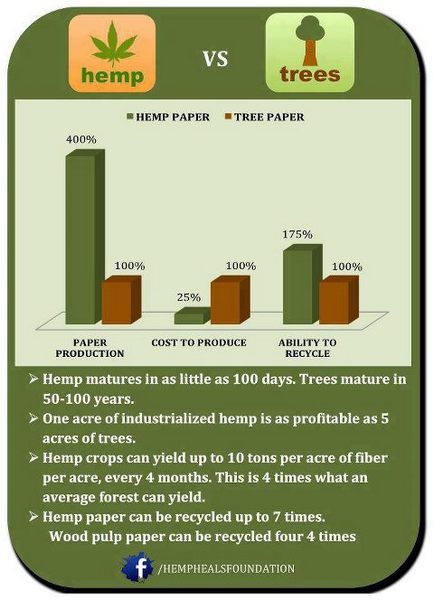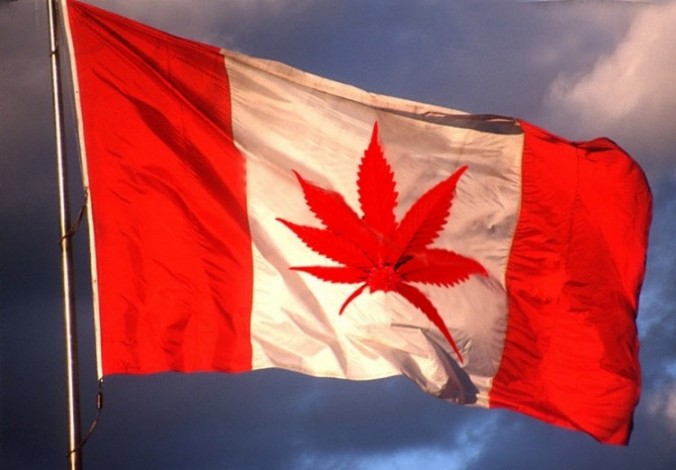
Apr 21, 2016 | Legalization, News
Canada to introduce legislation in 2017 to legalize marijuana
OTTAWA — The Canadian government announced Wednesday that it will introduce legislation next year to decriminalize and legalize the sale of marijuana, making Canada the first G7 country to permit widespread use of the substance.
The announcement was made by Canada’s health minister, Jane Philpott, at a U.N. drug conference in New York. It follows through on a promise made during Prime Minister Justin Trudeau’s successful election campaign last fall.
Philpott said details of the legislation are being worked out, but she vowed that the government “will keep marijuana out of the hands of children and profits out of the hands of criminals.”
With the Liberals holding a majority in the House of Commons, the marijuana legislation is likely to pass. The path toward the legalization of marijuana is the latest in a string of policy announcements from the 44-year-old Trudeau that have moved Canada to the left after a decade of Conservative Party rule, including last week’s unveiling of legislation to permit assisted suicide.
Trudeau, whose new government remains extremely popular, has long been associated with the marijuana legalization issue. While an opposition party member in Parliament, Trudeau admitted to occasional use of marijuana. “I think it’s five or six times that I’ve taken a puff. It’s not my thing,” he told reporters at the time.
The Conservative Party attempted to use that statement as proof that Trudeau was a political lightweight and a pothead. In the 2015 election, the Conservatives ran ads in ethnic newspapers falsely alleging that Trudeau backed the sale of marijuana to children.
The attack ads failed, in part because most Canadians no longer see the legalization of marijuana as a problem. A recent survey by Nanos Research, an Ottawa public opinion firm, showed that 68 percent of Canadians “support” or “somewhat support” legalizing marijuana and only 30 percent are opposed.
The population is more divided when it comes to allowing Canadians to grow marijuana at home, and about 50 percent of respondents said that they expect legalization to lead to more usage by those younger than 21.
Unlike in the United States, where marijuana regulation is shared by the states and the federal government, in Canada the issue falls almost solely under federal jurisdiction. Marijuana use has been expanding since a court ruling in 2000 allowed Canadians to possess and grow small amounts for medicinal reasons.
Full legalization will make pot available in a way similar to alcohol. That could encourage Americans, particularly those in border areas, to pop over for a puff or two.
Already, Ontario’s provincial premier, Kathleen Wynne, has volunteered that the provincially owned liquor monopoly would be happy to sell the drug. Canada’s major drugstore chains have said that they would like to get in on the business, too.
After several court rulings, commercial marijuana operations have sprouted across the country. Although currently limited to medicinal sales, the companies have been keenly anticipating legalization allowing for widespread use.
One study by a leading Canadian bank estimated that legalization could spark development of an annual marijuana trade worth about $10 billion Canadian (about $8 billion U.S.).
Brendan Kennedy, president of Privateer Holdings of Seattle, welcomed the Canadian announcement. His company owns Tilray, a medicinal marijuana facility in British Columbia, and he is looking to build a facility that would supply the market for recreational marijuana in Canada.
“The eyes of the world are on Canada as the medical marijuana program matures and the recreational program is being implemented,” he said in an interview. “Canada will be the first G7 country to have a national recreational program different from Alaska, Colorado, Oregon and Washington,” where state laws allowing marijuana use still bump up against U.S. federal prohibition.
There is still a series of negotiations required between the national government and the provinces to figure out regulation, taxation and distribution. Trudeau’s point man on the issue is Bill Blair, a former Toronto police chief.
Blair said marijuana should be treated like such intoxicants as alcohol. “We control who it’s sold to, when it’s sold and how it’s used. And organized crime doesn’t have the opportunity to profit from it.”

Original Post By Alan Freeman April 20 at 4:03 PM
https://www.washingtonpost.com/world/the_americas/canada-to-introduce-legislation-in-2017-to-legalize-sale-of-marijuana/2016/04/20/85d375a0-0715-11e6-bfed-ef65dff5970d_story.html

Dec 31, 2015 | Blog, Michigan Medical Marijuana Act, News
Posted on BallotPedia
The Marijuana Legalization Initiative is an initiated state statute proposed for the Michigan ballot on November 8, 2016 ballot.
The measure would legalize, regulate and tax marijuana.
Adults age 21 and older would be permitted to possess and use marijuana and to cultivate 12 plants each. The initiative would also allow for hemp farming.
Text of measure
Ballot summary
An initiation of legislation to allow under state law the personal possession and use of marihuana by persons 21 years of age or older; to provide for the lawful cultivation and sale of marihuana and marihuana-infused products by persons 21 years of age or older; to permit the taxation of revenue derived from commercial marihuana facilities and to require that any such taxes be used for the purposes of education, public safety and public health; to permit the legislature to require licensing of commercial marihuana facilities by establishing a Michigan Cannabis Control Board, which board would be responsible for enforcement and administration of this act, including the promulgation of administrative rules.
The full text of the measure can be found here.
Support
The initiative campaign is being led by the Michigan Comprehensive Cannabis Law Reform Committee. The group is headed by Jeffrey Hank, who has organized local marijuana legalization initiative campaigns in Lansing and East Lansing, including one that appeared on the May 5, 2015, ballot.
Read the full post and see more stats and details

Dec 5, 2015 | Blog, Medical Marijuana, Michigan Medical Marijuana Act, News
Council to hear from public on location of marijuana dispensaries
DETROIT FREE PRESS
The Detroit City Council has set a public hearing on zoning regulations for medical marijuana shops at 1 p.m. Dec. 17, 2015.
The Detroit City Council today set a public hearing for next month on its proposal to regulate medical marijuana distribution in the city.
The council will hold the hearing at 1 p.m. Dec. 17 on zoning restrictions that will govern where pot dispensaries can and cannot locate in Detroit. It is to be the companion legislation to measures that the council approved in October requiring dispensaries to be licensed by the city and shop operators to be subject to police background checks.
Detroit has seen a proliferation of more than 150 unlicensed and unregulated dispensaries in recent years, and it’s taken a year for city officials to thoroughly research and prepare a regulatory system that will both limit the number of dispensaries and ensure that medical marijuana patients have safe access to the drug, according to Councilman James Tate, who has spearheaded the regulation effort.
Councilman Scott Benson, a vocal critic of the dispensaries who says many of them are merely fronts for recreational put use, sought to have the zoning ordinance changed to prohibit dispensaries from locating in the vast majority of commercial or retail strip malls in the city, but that motion was outvoted.
Councilwoman Raquel Castañeda-López also sought to have the ordinance prohibit clustering of dispensary operations in industrial areas of the city, saying that would hurt residents who live near industrial areas. Her motion also was outvoted.
The zoning ordinance’s restrictions mandate that dispensaries not be located within 1,000 feet of schools, churches, drug-free zones, caregiver centers and liquor stores.
Dispensary owners and advocates of medical marijuana have argued that the city’s restrictions would leave few areas of the city where dispensaries could operate legally, reducing access for people who use marijuana for legitimate medical needs. But residents have flooded public meetings on the issue, saying their neighborhoods have been overrun by pot shops.
Contact Matt Helms: 313-222-1450 or mhelms@freepress.com. Follow him on Twitter: @matthelms.
Detroit Free Press 5:03 p.m. EST November 24, 2015

Nov 1, 2015 | Blog, Medical Marijuana Attorney Michael Komorn, Michigan Medical Marijuana Act, News, Recent Victories
OTTAWA COUNTY, Mich. – First uncovered by FOX 17 an alleged scandal in how state crime labs are testing and reporting marijuana, namely marijuana by-products with no visible plant matter, as felonies.
We first brought you the case of an Ottawa County father, Max Lorincz, who was slapped with a felony after he refused to plead guilty to a misdemeanor marijuana possession charge, as he is a medical marijuana card-carrying patient. Now he faces the felony charge of synthetic Tetrahydrocannibinol (THC) possession.
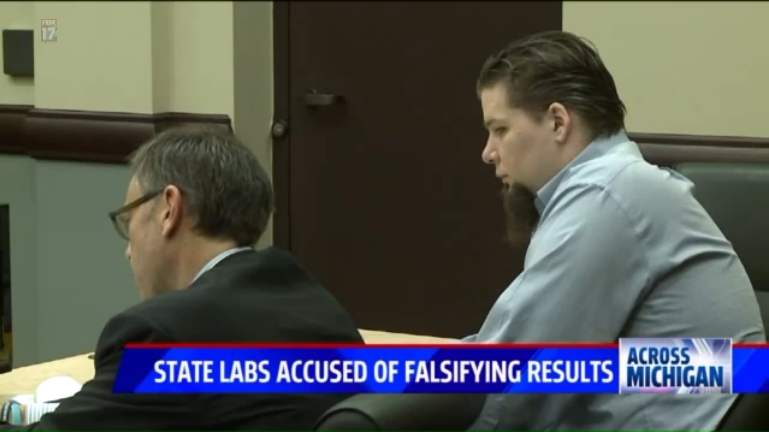
Lorincz lost custody of his 6-year-old son in part due to this felony.
After reporting on the case over nine months, FOX 17 exclusively reported a shocking email chain that spans months between Michigan State Police Forensic Science Division employees and the Attorney General’s office.
Obtained through the Freedom of Information Act, these emails show debates on how the state’s crime labs changed how they report marijuana. The defense, attorney Michael Komorn and Komorn Law, PLLC, is charging state agencies with directing the lab employees to falsely present results on marijuana products, including cases where plant material is not seen.
The result: felony charges Komorn argues are lies.

Komorn showed evidence in emails that MSP Forensic Science Division is being directed by the Attorney General’s office and the Prosecuting Attorneys Association of Michigan (PAAM) to change the way marijuana is reported to create felonies. PAAM is a non-profit, which is governed by a board of directors including the Attorney General.
“What is unique about this case is that they [the prosecution] are relying on the lab to report these substances so that they can escalate these crimes from misdemeanors to felonies,” said Komorn.
Documents obtained via FOIA, showcase emails about meetings (for instance, July 2013) and direct communication between MSP Forensic Science Division directors, scientists, PAAM, as well as officials with the AG’s office.
An excerpt from an email dated Dec. 13, 2013 suggests an AG official influenced the state crime labs on whether it is the lab’s responsibility to determine if THC tested is natural or synthetic; again, this is the difference between a misdemeanor and a felony.
A technical leader of controlled substances with MSP crime labs wrote an email to colleagues and quoted Ken Stecker, an official with the AG’s office:

“That is my opinion, THC is a schedule 1 drug regardless of where it comes from. I hope that helps. Ken”
Then, the technical leader of controlled substances at a state lab continues to direct other state lab personnel and write:
“Examiner’s that are identifying food products or other non-plant materials as marihuana without the visualization of any plant material should discontinue this practice. The final identification of all phases of testing can only be marihuana when plant fragments, portions, samples, plant hairs or actual plants are visualized by the scientist. To my knowledge, the only other two laboratories that have expressed this concern are Northville and Lansing.”
Komorn believes this policy change is not science-based.
“This is like a political decision, and somewhere in there they say well Ken Stecker is going to be the consultant on this going forward, and his position is that THC is a schedule 1,” said Komorn.
“That’s not the law. That’s an incorrect, illegal misinterpretation of the law that he then decrees as the policy for the state lab.”
This AG official’s “opinion” was written into lab procedure. Several emails show other MSP lab supervisors and scientists vehemently oppose it.
For example, a MSP Lansing controlled substances supervisor wrote his disagreements with this policy to colleagues, including an excerpt from an email dated Feb. 14, 2014:
“Prosecutor’s rely on our reports to determine what to charge a person with. A report that states delta-1-THC without any other statement would lead a Prosecutor to the synthetic portion of the law since this is the only place where THC is specifically listed. This could lead to the wrong charge of possession of synthetic THC and the ultimate wrongful conviction of an individual. For the laboratory to contribute to this possible miscarriage of justice would be a huge black eye for the Division and the Department.”
This supervisor wrote further concerns in an email to many colleagues nearly one year later, dated Jan. 28, 2015, writing in part:
“Upon reading this correspondence I immediately thought about the Guiding Principles training we receive yearly. Under Professionalism it states that “Conclusions are based on the evidence and reference material relevant to the evidence, not on extraneous information, political pressure, or other outside influences.” Whether or not an individual has a medical marijuana card is immaterial to how we report out our results.
When we made the previous changes I made it very apparent that I did not agree with it. One of my concerns was that by reporting out THC instead of marihuana it would lead to Prosecutors charging people with synthetic THC. This appears to be what the agency wants.”
Another MSP Northville lab scientist wrote the following to colleagues, stating concerns with new reporting policy:
“In order to place the actual compound THC in schedule 1, the criteria of ‘synthetic equivalent’ should be met. Since we really can’t do this, there are many of us who feel that these new evidentiary materials containing THC without any botanical morphology characteristics (candy, butter, etc..) should be identified as resinous extracts of Marihuana.
If you are to call it ‘THC,’ at a minimum, a statement should be provided in the additional information stating that the ‘origin, whether naturally occurring or synthetic could not be determined.’ Also, by going out on that limb and calling it THC, you now jump from a misdemeanor to a felony charge.
We’re bringing this up because there seemed to be some concern about uniformity in making these calls. Further, it is highly doubtful that any of these Med. Mar. products we are seeing have THC that was synthesized. This would be completely impractical. We are more likely seeing naturally occurring THC extracted from the plant!”
“The most damning evidence is that their own forensic scientists, when they’re objecting to the way the lab is going to change their reporting policies, calls them out that they can’t do it based on forensic science, and yet they do it anyways,” said Komorn.
Thursday afternoon, the Prosecuting Attorneys Association of Michigan’s President Michael Wendling responded to FOX 17’s questions with the following statements:
“The Michigan State Police Forensic Science Division sets its own testing and reporting protocols. Neither PAAM nor county prosecutors make those protocols.”
“The MSP Forensic Science Division makes its own decisions relative to the lab protocol. Any decision to report that the source of THC is undetermined does not create a misdemeanor or felony offense. Lab reports document the findings of scientific testing. Those findings, in conjunction with other relevant evidence are considered by prosecutors may be used in when the decision whether to charge a crime and which crime to charge is made.”
“Prosecutors do not receive requests to charge criminal cases from the MSP Forensic Science Division. The MSP Forensic Division reports scientific findings. Prosecutors receive those reports and use them to make decisions regarding whether there is sufficient evidence to pursue criminal charges. Any accusation that the Lab and PAAM are directing lab personnel to report crimes without evidence is untrue. PAAM has no authority over, nor does it direct the MSP Forensic Science Division.”

Yet again in this case, several lab scientists and supervisors expressed they are against this new marijuana reporting protocol.
As FOX 17 reported, the defense filed several motions in Ottawa County Circuit Court this week. The motions ask for Max Lorincz’s charges to be dismissed, as well as asking the accused organizations’ employees to show cause, or credible evidence to show science backs their protocol, in order to not be held in contempt of court.
The evidentiary hearing is set for Nov. 5.
FOX 17 also reached out to the Attorney General’s office for comment, but has yet to hear back. Michigan State Police public affairs personnel released comment to FOX17 Wednesday.
Watch The Report

Jul 27, 2015 | News
Connecticut is over its ban on hemp. Beginning July 1, the industrial crop will be as legal as every other farmable thing. That flies in the face of the federal government’s criminalization of hemp.
“What this gets down to is the power of the people,” said Mike Maharrey of the Tenth Amendment Center. “When enough people tell the feds to pound sand, there’s not much D.C. can do to continue their unconstitutional prohibition on this productive plant.”
Experts suggest that the U.S. market for hemp is around $500 million per year. They count as many as 25,000 uses for industrial hemp, including food, cosmetics, plastics and bio-fuel. The U.S. is currently the world’s #1 importer of hemp fiber for various products, with China and Canada acting as the top two exporters in the world.
Connecticut joins the ranks of Vermont, Colorado and other states that are ignoring federal hemp prohibition. Oregon has handed out 13 hemp farming licenses so far. South Carolina, North Dakota, and Maine have laws that address the prohibition in different ways. President Obama signed a farm bill last year that authorized research on hemp for states which had already legalized it.
States That Farm Industrial Hemp
- Hawaii
- Kentucky
- Maine
- Maryland
- Montana
- North Dakota
- Oregon
- Vermont
- West Virginia
Over 30 Countries That Farm Hemp;
- Australia
- Canada
- China
- France
- Hungary
- Italy
- Japan
- Mexico
- North Korea
- Poland
- Romania
- Russia
- United Kingdom
INFORMATION ABOUT INDUSTRIAL HEMP
NORML Statement on the Cultivation of Industrial Hemp
“[T]he US market for hemp-based products has a highly dedicated and growing demand base. … [A] commercial hemp industry in the United States could provide opportunities as an economically viable alternative crop for some US growers.” – Congressional Research Service white paper, ‘Hemp as an Agricultural Commodity,’ 2013
Introduction Why are American farmers legally forbidden from growing a plant proclaimed by Popular Mechanics magazine to have the potential to be manufactured into more than 25,000 environmentally friendly products? It’s because the plant is hemp — also known as marijuana — and for more than 60 years, it has remained the U.S. government’s public enemy #1.
What is Hemp? Hemp is a distinct variety of the plant species cannabis sativa L. that contains minimal (less than 1%) amounts of tetrahydrocannabinol (THC), the primary psychoactive ingredient in marijuana. It is a tall, slender, fibrous plant similar to flax or kenaf. Various parts of the plant can be utilized in the making of textiles, paper, paints, clothing, plastics, cosmetics, foodstuffs, insulation, animal feed and other products.
Hemp produces a much higher yield per acre than do common substitutes such as cotton and requires few pesticides. In addition, hemp has an average growing cycle of only 100 days and leaves the soil virtually weed-free for the next planting.
The hemp plant is currently harvested for commercial purposes in over 30 nations, including Canada, Japan and the European Union. Although it grows wild across much of America and presents no public health or safety threat, hemp is nevertheless routinely uprooted and destroyed by law enforcement. Each year, approximately 98% of all the marijuana eliminated by the DEA’s “Domestic Cannabis Eradication/Suppression Program” is actually hemp.
Despite America’s bureaucratic moratorium on industrial hemp cultivation, a domestic industry exists and continues to grow. U.S. retailers and manufacturers annually import approximately 1.9 million pounds of hemp fiber, 450,000 pounds of hemp seeds, and 331 pounds of hempseed oil from Canada and other nations that regulate hemp farming. (Federal law permits the importation of hemp fiber, sterilized seeds, and ingestible hemp-based products containing no THC.) In addition, a growing number of health professionals are praising hemp seeds’ nutritional value, noting that it’s second only to soy in protein and contains the highest concentration of essential amino and fatty acids found in any food. Given the crop’s versatility, it’s no wonder that hemp has been endorsed by organizations and individuals such as the U.S. Agriculture Department’s Alternative Agricultural Research, the National Conference of State Legislatures, environmentalist Ralph Nader and health guru Andrew Weil.
History of Hemp Researchers trace hemp’s history as a fiber and food crop back some 12,000 years. During America’s colonial era, many of the founding fathers — including George Washington and Thomas Jefferson — espoused its manufacturing for rope, sails and paper. Early settlers also used hemp seeds as a source for lamp oil and some colonies made hemp cultivation compulsory, calling its production necessary for the “wealth and protection of the country.”
Hemp continued to be cultivated in America until 1937 when Congress passed the Marihuana Tax Act outlawing marijuana. Although not a bill specifically aimed at hemp production, legal limitations posed by the legislation put an end to the once prominent industry.
Hemp production briefly re-emerged in 1942 when the federal government encouraged American farmers to grow it for the war effort. Armed with the United States Department of Agriculture (USDA) film “Hemp for Victory,” thousands of farmers grew hundreds of thousands of acres of hemp for wartime needs. Unfortunately, when World War II ended, so did the government’s allowance of hemp cultivation. By 1957, prohibitionists had reasserted a total ban on hemp production. That federal ban remains in effect today.
Where does the DEA Stand on Hemp? Despite hemp’s emergence as a worldwide economic industry, the Drug Enforcement Administration (DEA) and Office of National Drug Control Policy (ONDCP) remain firmly opposed to it. Currently, only the DEA has the power to license farmers to legally grow hemp, even in those states where local laws permit it. Not surprisingly, the DEA has continued to deny every permit for large-scale hemp farming (In 1999, they did give Hawaii researchers permission to grow a one-quarter acre test plot of the crop.) within America’s borders for the last four decades.
In a 1995 USDA “White Paper,” the DEA stated that they are “opposed to any consideration of hemp as a legitimate fiber or pulp product,” and recommended that any USDA researcher who wishes to explore the issue must first be briefed by White House anti-drug officials. Since then, DEA officials have stonewalled several state efforts to enact hemp cultivation and research bills by threatening to arrest any farmers who attempt to grow it. Most recently, President George Bush’s spokesman Ari Flesher answered the question: “Does the President favor the legalization of industrial hemp?” by stating that Bush has not made “any statements … that would lend one to reach that conclusion.”
Hemp Today Although our federal government refuses to waver on hemp prohibition, public, state and international support is growing. The European Union now subsidizes farmers to grow hemp, which is legally recognized as a commercial crop by the United Nations Single Convention on Narcotic Drugs, the North American Free Trade Agreement (NAFTA), and the General Agreement on Tariffs and Trade (GATT).
In recent years, a number of U.S. states have commissioned studies recommending hemp as a viable economic crop. Most recently, legislatures in Montana and North Dakota have enacted legislation licensing farmers to grow hemp (though federal approval still remains necessary), hopefully paving the way for a renewed U.S. hemp cultivation industry in the not-so-distant future.
End NORML INFO


Could it be true?
Did the Government Give Industrial Hemp a Pass to Clean Up Radiation in the States?
Dr. Ilya Raskin of Rutgers University’s Biotechnology Center for Agriculture and the Environment, who was a member of the original task force sent by the IAEA to examine food safety at the Chernobyl site figured out that through phytoremediation utilizing hemp, among other plants, the soil, and thus the food supply could be saved from toxicity.
Phytoremediation is the process whereby green plants remove toxins from the soil. Plants can extract specific elements within their ecosystem and still thrive. They accumulate the toxins in their tissues and root systems but remain undamaged. Sunflowers have been known to do something similar for centuries, eliminating heavy metals and pesticides from damaged soil. Two members of the mustard family are also useful for this process – Brassica juncea and Brassica carinata, but it seems hemp is quite amazing at sucking up radiation.
Granted, the government is probably dumbfounded at what to do with the Fukushima radiation headed our way, but the legalization of hemp just might balance some of the toxicity scientists expect. Fortunately, California, one of the states that will be hardest hit, has already legalized industrial hemp, but it has to wait for the federal government to give states the right before they can actually grow it. The Farm Bill only allows ‘research’ growth at certain institutions in 10 states currently.
George Washington and Thomas Jefferson grew hemp. In light of Fukushima, let’s join our countries’ founders to grow it too. You can help clean the soil in your area if hemp or medical marijuana has been legalized in your state, and help it to pass in further states by being vocal with your state and federal representatives.



